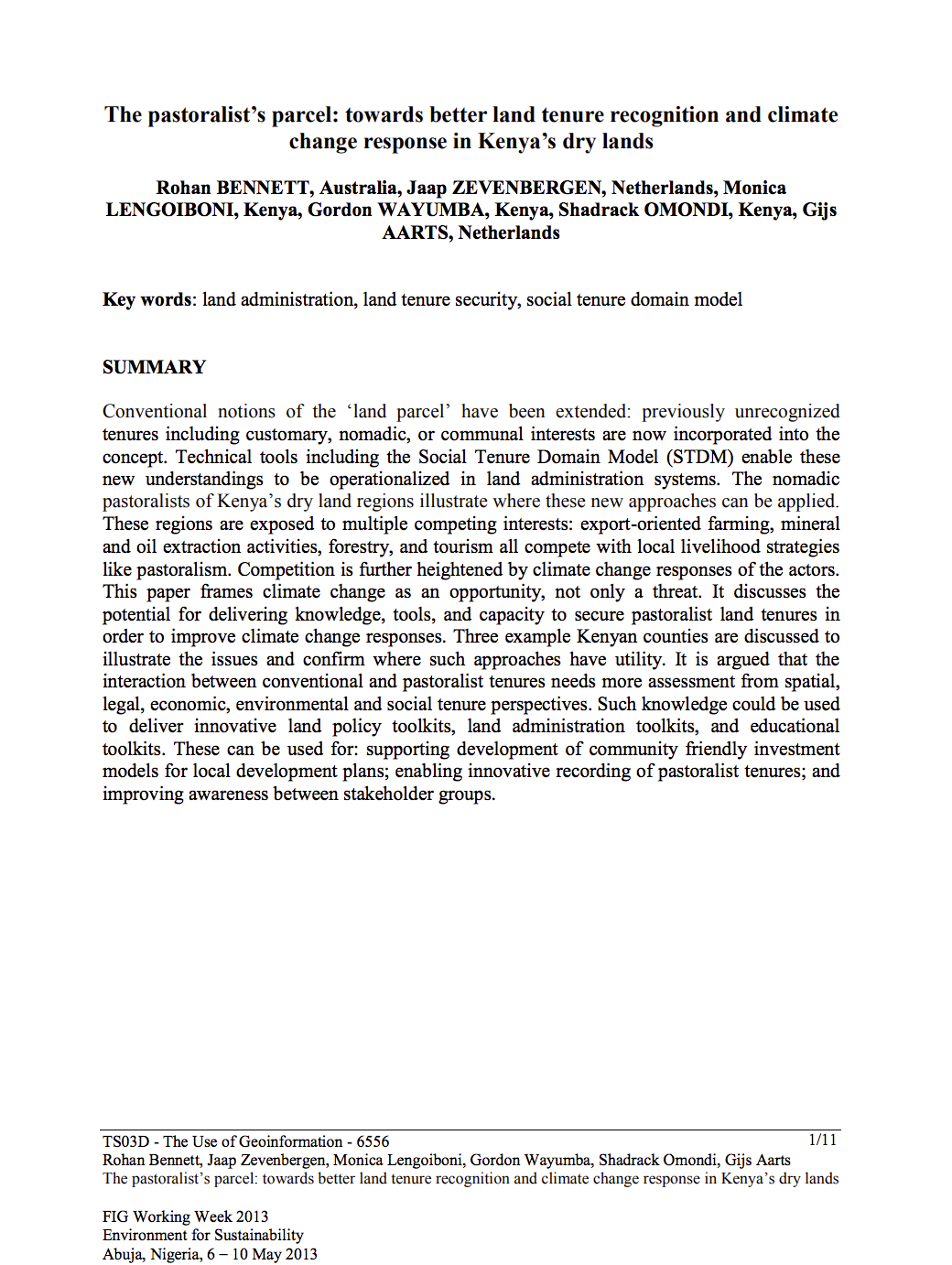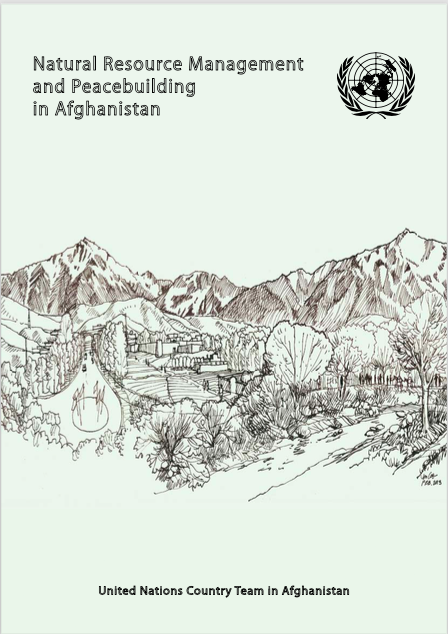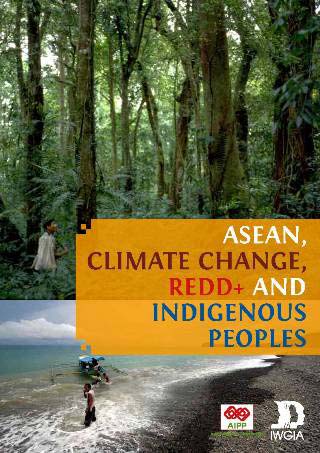Agreement on cooperation in the field of environmental protection the CIS member states.
The Parties shall cooperate in the following areas related to environmental protection: land protection and land tenure, protection of soil, subsoil, forests, water, air, ozone layer and climate, wild flora and wild fauna.





